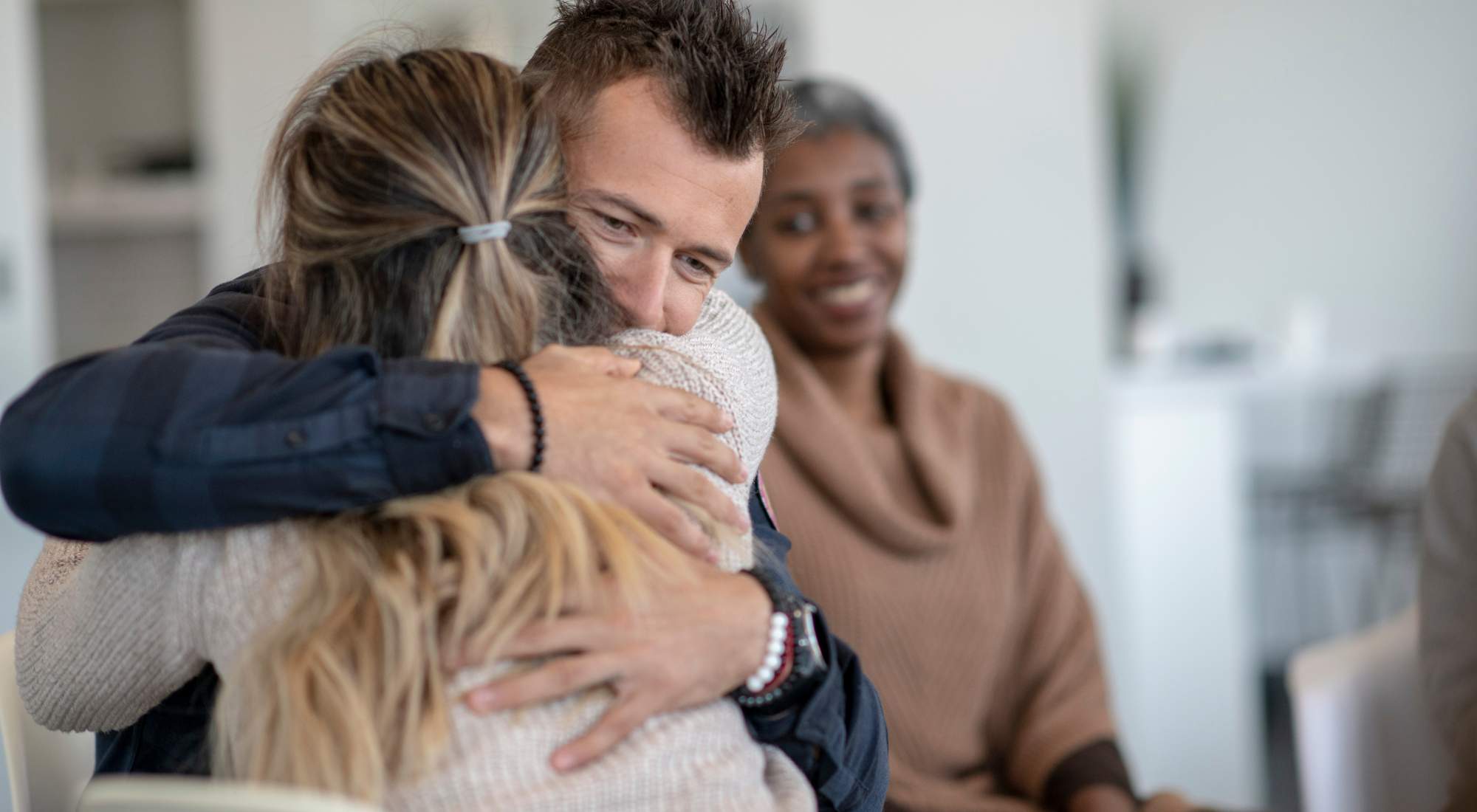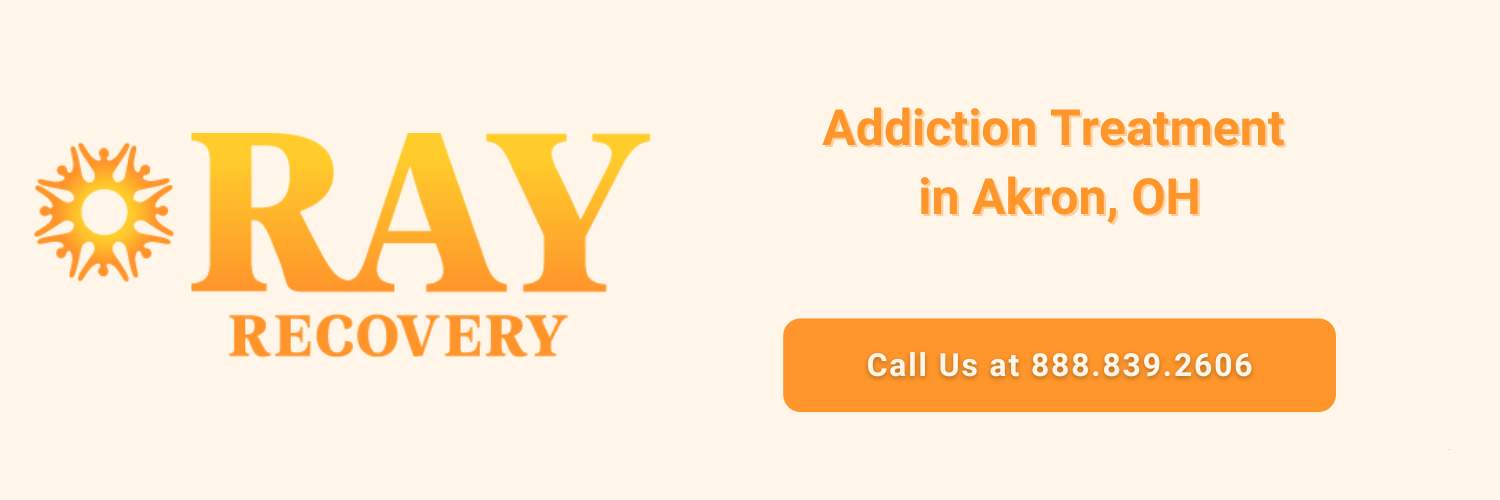Life is better than it’s been in a long time. And yet, a slip.
Why is it that relapses often happen when life is good?
In this article, we’ll explore why addicts often relapse even during good times. Learn about hidden emotional triggers, the non-linear nature of recovery, and how positive changes can sometimes feel overwhelming.
The Hidden Complexity of Recovery
Recovery rarely moves in a straight line. It can look like progress on the outside, steady work, repaired relationships, and positive daily routines, but still feel messy and uncertain inside.
The truth is, healing often comes with setbacks, and even in moments of stability, internal battles can quietly persist.
It’s easy to believe that once life looks “normal” again, the hard part is over. But recovery isn’t about appearances. It’s about what’s happening beneath the surface. Emotional pain, old triggers, or lingering self-doubt don’t vanish overnight. They come up in unexpected ways, and that doesn’t mean you’re broken. It means you’re still healing.
Relapse is not failure. It’s not a lack of willpower or strength. It’s a sign that something deeper needs care, not punishment. Meeting these moments with compassion makes space for true growth. Recovery is still happening, even when it doesn’t feel like it.
At Ray Recovery in Akron, we get it and have the tools and support to help you get right back on track.

Why “Good Times” Can Be a Trigger
Fear of Success and Self-Sabotage
For many in recovery, success can feel strange — almost like wearing clothes that don’t quite fit. After years of living with shame, trauma, or chaos, moments of happiness or stability might not feel safe or earned. Instead of bringing relief, they can stir up discomfort, self-doubt, or a quiet voice saying, “You don’t deserve this.”
This emotional tension isn’t a failure of gratitude or strength. Instead, it’s the result of deep, often hidden wounds. When someone has carried pain for so long, peace can feel unfamiliar, even threatening.
It’s important to recognize that these reactions are part of the healing process, not signs of weakness. Being kind to yourself in these moments matters just as much as celebrating progress.
Loss of Structure and Hypervigilance
In early recovery, there’s often a strong support system, including therapy sessions, group meetings, routines, and accountability. This structure provides a sense of safety and direction during a vulnerable time.
But as life stabilizes, that structure can slowly fall away. People in time return to work, reconnect socially, and often feel they no longer need the same level of support. Without that consistent framework, it’s easier to feel lost or overwhelmed, making relapse more likely, even when things seem “better” on the surface.
Emotional Numbness in “Normal” Life
For many people in recovery, the highs and lows of addiction became a way of life, often intense, unpredictable, and emotionally charged. In contrast, the calm of everyday life can feel strangely empty or dull.
What others see as peace might feel like boredom or emotional flatness to someone used to constant chaos. This can be hard to tolerate, and it may bring up restlessness or a longing for the intensity that once came with addiction.
These feelings are normal and a sign that the mind and body are still adjusting to a new, more balanced way of living. These unsettled feelings can also make someone vulnerable to a potential relapse.
The Brain Chemistry Behind Unexpected Relapse
Addiction impacts the brain’s reward system, particularly the dopamine pathways, which are responsible for feelings of pleasure and motivation. Over time, the brain becomes reliant on substances or behaviors to trigger these feelings, leading to an altered sense of reward and reinforcing addictive patterns. Even after achieving stability, life events, whether positive or negative, can trigger stress, activating these brain pathways and pushing individuals back toward old coping mechanisms. This is why recovery is a continuous journey, with both setbacks and progress.
If you or a loved one is struggling with this cycle, outpatient treatment programs can provide essential support. These programs offer therapy and resources to help recalibrate the brain’s reward system and teach healthier ways to manage stress and emotions.
Finding the right outpatient care is crucial for long-term success. Take the next step in your recovery journey by exploring how Ray Recovery can offer the tools and support needed to stay sober.
How To Stay Vigilant During the Highs
Maintain Recovery Practices — Even When Things Are Good
Here are practical tips to help maintain healthy recovery habits, even when life feels stable:
- Keep attending meetings or support groups: Even if you feel fine, regular connection helps keep you grounded and supported.
- Stick with therapy: Ongoing therapy can help you navigate deeper issues that might not surface until things are calm.
- Journal regularly: Writing helps you process emotions, track patterns, and stay in touch with your inner experience.
- Maintain a daily routine: Structure isn’t just for crisis. It helps create balance and prevents drifting back into unhealthy habits.
- Check in with your support system: Stay in regular contact with sponsors, mentors, or trusted friends who understand your journey.
- Set small, meaningful goals: Keep growing by focusing on things that give you a sense of purpose and progress.
- Practice self-care intentionally: Prioritize rest, nutrition, movement, and time for yourself, even when life feels “normal.”
- Watch for subtle warning signs: Complacency, irritability, or isolation can quietly creep in. Stay honest with yourself.
- Celebrate progress without pressure: Recognize how far you’ve come without expecting perfection. This is a great way to build resilience in recovery.
- Focus on consistency over intensity: You don’t need to do everything at once. Showing up regularly matters more than doing it all perfectly.
Recovery isn’t just about getting through the hard times. It’s also about learning how to stay well through the good times.
Build a “Good Time” Relapse Prevention Plan
As recovery from substance abuse is a lifetime journey and process, it’s important to create a plan for times when things feel good, not only for times of crisis and stress. In planning for good times, include things like:
- Scheduling regular check-ins with yourself
- Setting healthy boundaries to protect yourself from triggering situations
- Staying connected to an accountability partner and /or sponsor
- Setting reminders to reflect on your emotional state
- Being of service to newcomers in your recovery program
These tools can help you stay aware and grounded. Stability doesn’t mean the work is done; it just means the support needs to evolve.

What To Do If You Relapse — First, Don’t Panic
Relapse is a common part of recovery. It’s not a failure, but a sign that something needs more care. It doesn’t erase your progress. What matters is what you do next. With honesty, support, and small steps, you can get back on track to sobriety and better health.
Here’s what to do now:
- Identify the trigger: Ask yourself, “What was I feeling or facing before the relapse?” Try journaling and asking questions like, “What did I need in that moment? What might help next time?”
- Reconnect with support: Reach out to someone you trust. Talking breaks isolation and brings perspective.
- Recommit to the process: You’re not starting over, you’re continuing your recovery journey with new information. Take one small step today.
- Practice self-compassion: Speak to yourself gently. Relapse is painful, but punishing yourself only deepens the struggle. Remind yourself, “I am still worthy of healing. I am still on this path.”
Relapse doesn’t mean you’ve failed — it means you’re human. You can move through this, and you don’t have to do it perfectly. Every step forward still counts.
How To Support a Loved One Through the Ups and Downs
There are so many reasons why addicts relapse when things are good. If someone you love relapses, it can be confusing and disheartening. Remember, relapse is a common part of recovery, not a sign of failure. Instead of focusing on disappointment or judgment, offer compassion and understanding. Recognize that recovery is not linear, and even with setbacks, progress is still being made.
After a relapse, outpatient care can be a valuable resource to help your loved one get back on track. These programs offer support and guidance tailored to their needs, helping them regain stability and continue their recovery. You can play a crucial role by helping them research and find the right care, whether it’s therapy, counseling, or group support, so they have the tools they need to stay sober and move forward.
Reach out to Ray Recovery today to learn about programs that can help your loved one get the care they need.

Ray Recovery: Redefining What Recovery Looks Like
If you or someone you love is struggling with addiction, you don’t have to face it alone.
At Ray Recovery, we understand that recovery is not one-size-fits-all. Our compassionate, evidence-based programs are designed to meet you where you are — whether you’re just beginning your journey or rebuilding after a relapse. With personalized care plans, experienced clinicians, and a supportive community, we help you heal not just physically, but emotionally and mentally as well.
Recovery is possible. It starts with reaching out.
Take the first step today by contacting Ray Recovery to speak with a care coordinator and learn how we can help you or your loved one reclaim a life of health, purpose, and hope. Reach out to us today to see how to get the help you or your loved one needs.

The content in this blog is not intended to be a substitute for professional medical advice, diagnosis, or treatment. Always seek the advice of your physician or other qualified health provider with any questions you may have regarding a medical condition.


